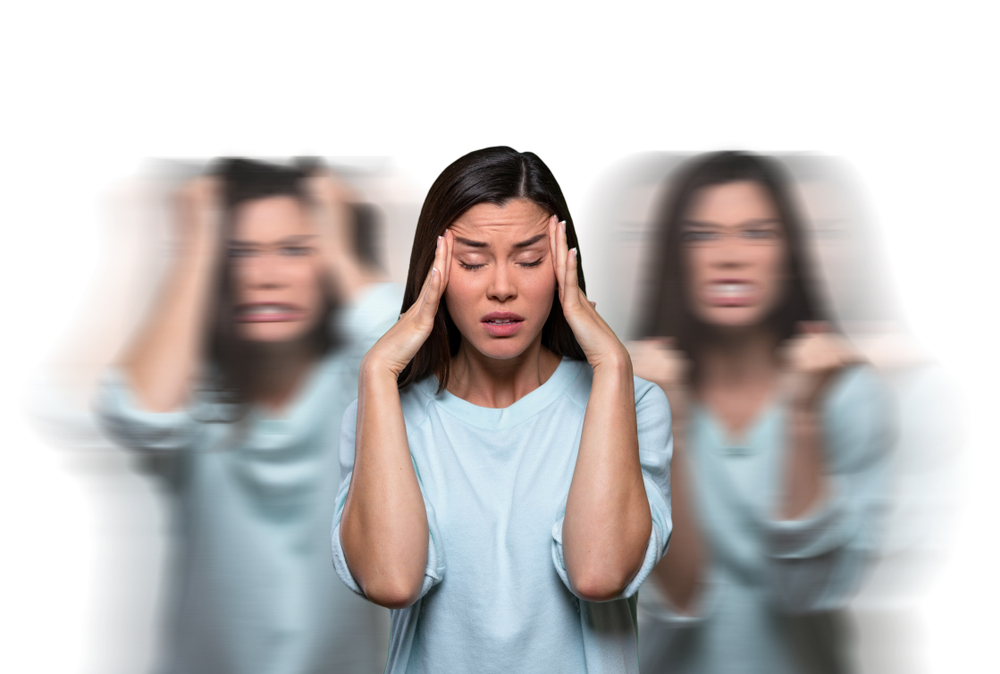Last Updated:
August 4th, 2025
Behavioural Changes Caused by Addiction
Addiction doesn’t always show up in obvious ways, and it is often gradual behaviour changes that are the first signs of a growing problem. These may be mood swings that come out of nowhere, a sudden lack of motivation or interest, or even snapping at the people closest to you. Behaviour changes can be confusing and hurtful and often cause friends and family to be pushed away by someone they no longer recognise. However, it is important to understand that these behaviours are due to how drug and alcohol addiction affects the brain and how rehab treatment can help bring back the person you know and love.
What is meant by “behaviour changes”?
Behaviour changes are noticeable shifts in the way you act, react or interact with others. These changes might be gradual or sudden, subtle or extreme, but they usually leave you with the sense that something just isn’t right.
Someone who used to be outgoing might start isolating themselves from friends and family. A usually calm person might become irritable or short-tempered. You might notice them becoming secretive, making impulsive decisions or just showing a complete lack of interest in things they used to enjoy doing. Crucially, these changes aren’t just over a few “bad days”, they show a pattern of behaviour which indicates a deeper issue.
With alcohol or drug addiction, behavioural changes often happen because long-term substance abuse affects your brain’s ability to manage mood, stress and impulse control. Combined with the immediate effects of drugs or alcohol, this can lead to behaviour that’s completely out of character and can even be dangerous.
The good news is that recognising behaviour changes early can make all the difference when it comes to getting help.
Struggling with an addiction? If you are ready to seek help, reach out to us today, and a member of our compassionate team will help you find the best option for starting your recovery journey.
How can addiction alter your behaviour?
Specific behaviour changes differ from person to person but can also vary depending on the substance. Someone addicted to alcohol, for example, may have constant alcohol mood swings, becoming irritable or aggressive when they are drunk or when they’ve gone without alcohol for a while.
Long-term abuse of stimulants like cocaine or methamphetamine can cause constant restlessness, impulsive behaviour or even extreme and dangerous paranoia. Drugs like ecstasy, which create a lack of inhibition and intense feelings of love and connection in the short term, can ultimately leave you withdrawn, overly sensitive or emotionally flat.
Different prescription drugs can cause a wide range of behavioural changes. For example, opioids can make you feel numb or emotionally distant, often leading to a lack of motivation and interest. Benzodiazepines, like diazepam or lorazepam, can also cause unpredictable mood swings, confusion and leave you feeling short-tempered without really understanding why.
With all forms of addiction, you may start making choices that hurt others or even sabotage yourself. This often includes pushing important people away, lying to cover up your use or taking dangerous risks when under the influence or to get more drugs. All of this can have serious consequences for your relationships and other important aspects of your life.
What are some common behaviour changes to look out for?
It’s not always easy to know whether behaviour changes are the result of an issue like addiction or something else that is going on in a person’s life. If you are worried about a loved one, here are some telltale behaviour changes often seen in people struggling with addiction:
The dangers of ignoring behaviour changes
It is easy to brush off behaviour changes and think that maybe someone is just tired, stressed or going through a rough patch. But when those changes keep piling up, they can be a sign that addiction is beginning to really take a toll.
Ignoring the early warning signs of addiction can allow things to spiral, often leading to serious consequences like job loss, broken relationships or dangerous health problems. The longer these changes go unaddressed, the harder it can be to break the cycle later.
Even if you’re not sure exactly what’s going on, it is always worth talking to a loved one about worrying behaviour changes. Early action doesn’t just make addiction recovery easier; it can literally save a life.
What should I do if I notice these behavioural changes in myself or a loved one?
If you have spotted behaviour changes in yourself or someone you love, you don’t have to wait until everything falls apart to ask for help. Addiction is a serious condition, but recovery is 100% possible with the right treatment and support. Addiction Helper can give you advice on everything from local rehab services to how you can help a friend or family member begin recovery. Contact us today and let us take some of the weight off your shoulders.
Our compassionate team are ready and available to take your call, and guide you towards lasting the lasting addiction recovery you deserve.



